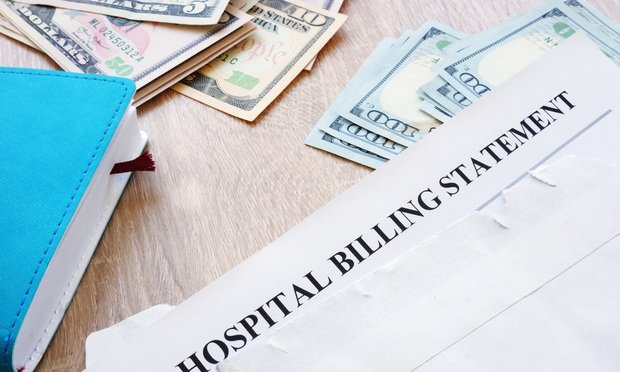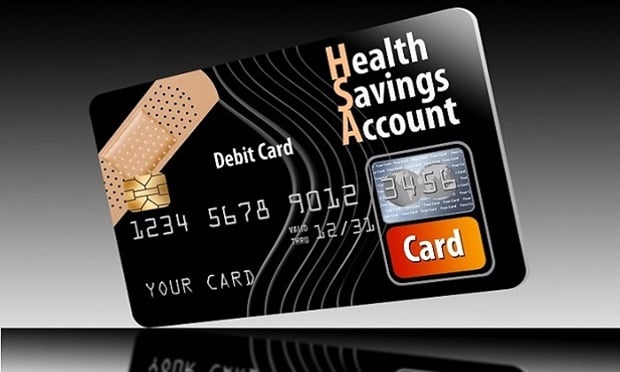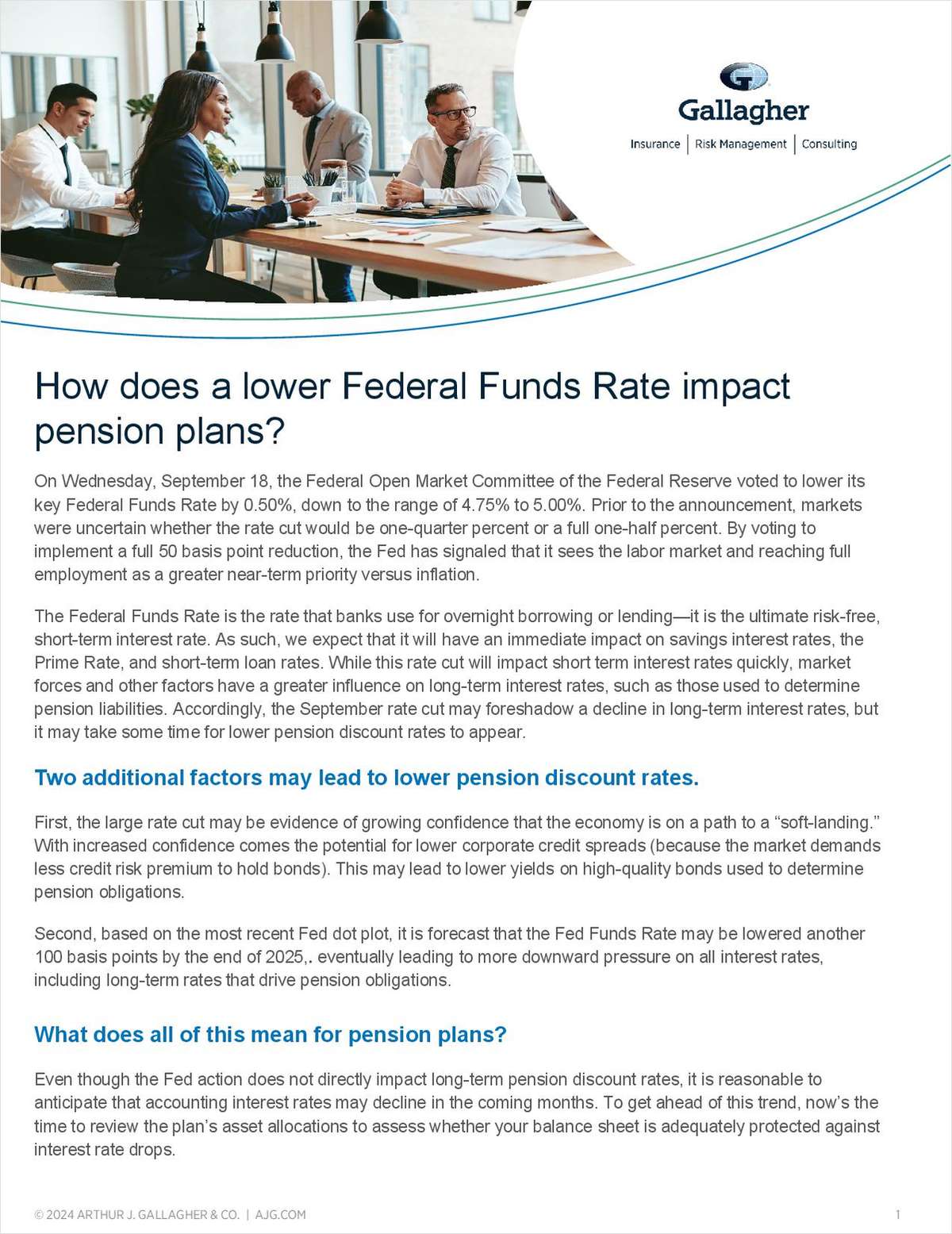
In school I learned some of the basics that have really helped me live my life. Geometry, of course. The periodic table. The anatomy of a frog (added bonus: I got to dissect it!). The history of the Spanish-American War. They've helped me in many facets of my life—or, at the very least, they've helped me win many rounds of bar trivia, so I guess it's all been worth it.
Of course, I learned nothing about banking or credit, taxes, general health or insurance, to name a few, and I'm pretty sure no one else did, either.
A recent survey of 1,008 U.S. adults conducted for the American Institute of CPAs by Harris Interactive found that more than half (51 percent) could not accurately identify at least one of three common health insurance terms: premium, deductible and copay.
A third (34 percent) thought a premium was an expense at the time of receiving medical service or a prescription; more than a quarter (27 percent) thought a copay was the cost of obtaining insurance; and 12 percent did not know a deductible is the money one pays before an insurance company makes payments.
So it seems we desperately could have used some of that education in school.
It's the latest concerning information about our health care (and insurance) system. Premiums and copays are words all of us use on a fairly regular basis. They are things we use our money to pay for. And we don't know what they actually mean. That's upsetting, to say the least.
This is no isolated survey, either. Results were more grim in another survey a month ago: A health care economist at Carnegie Mellon University rounded up 202 people who had employer-sponsored health insurance and found that just 14 percent could identify what each of those terms (and one more, co-insurance) meant. And keep in mind: Those are people who have health coverage right now and consider themselves a primary or secondary health care decision maker in their family.
The same confusion reigns when it comes to Obamacare: Though the flip for open enrollment is now switching, consumers are still largely in the dark. And who can blame them? We barely know enough about health insurance or health care to understand basic terms, let alone bureaucratic changes.
Failure of basic health insurance 101—as researchers called it—is especially relevant (ie., concerning) as millions of Americans are about to begin purchasing health insurance coverage, many doing so for the first time. Even without the predicted glitches of the exchanges, we have to assume that many people don't know what they're buying.
And that's leading to a more complicated system and higher costs for all of us.
(Brokers: Still think we don't need you?)
What we need is more education on health care and health insurance. In addition to educating us now—which would be quite helpful—I think some basic knowledge should be taught to us at a young age. Health care is something we need to know about our entire life, and not just for bar trivia.
Complete your profile to continue reading and get FREE access to BenefitsPRO, part of your ALM digital membership.
Your access to unlimited BenefitsPRO content isn’t changing.
Once you are an ALM digital member, you’ll receive:
- Breaking benefits news and analysis, on-site and via our newsletters and custom alerts
- Educational webcasts, white papers, and ebooks from industry thought leaders
- Critical converage of the property casualty insurance and financial advisory markets on our other ALM sites, PropertyCasualty360 and ThinkAdvisor
Already have an account? Sign In Now
© 2024 ALM Global, LLC, All Rights Reserved. Request academic re-use from www.copyright.com. All other uses, submit a request to [email protected]. For more information visit Asset & Logo Licensing.








